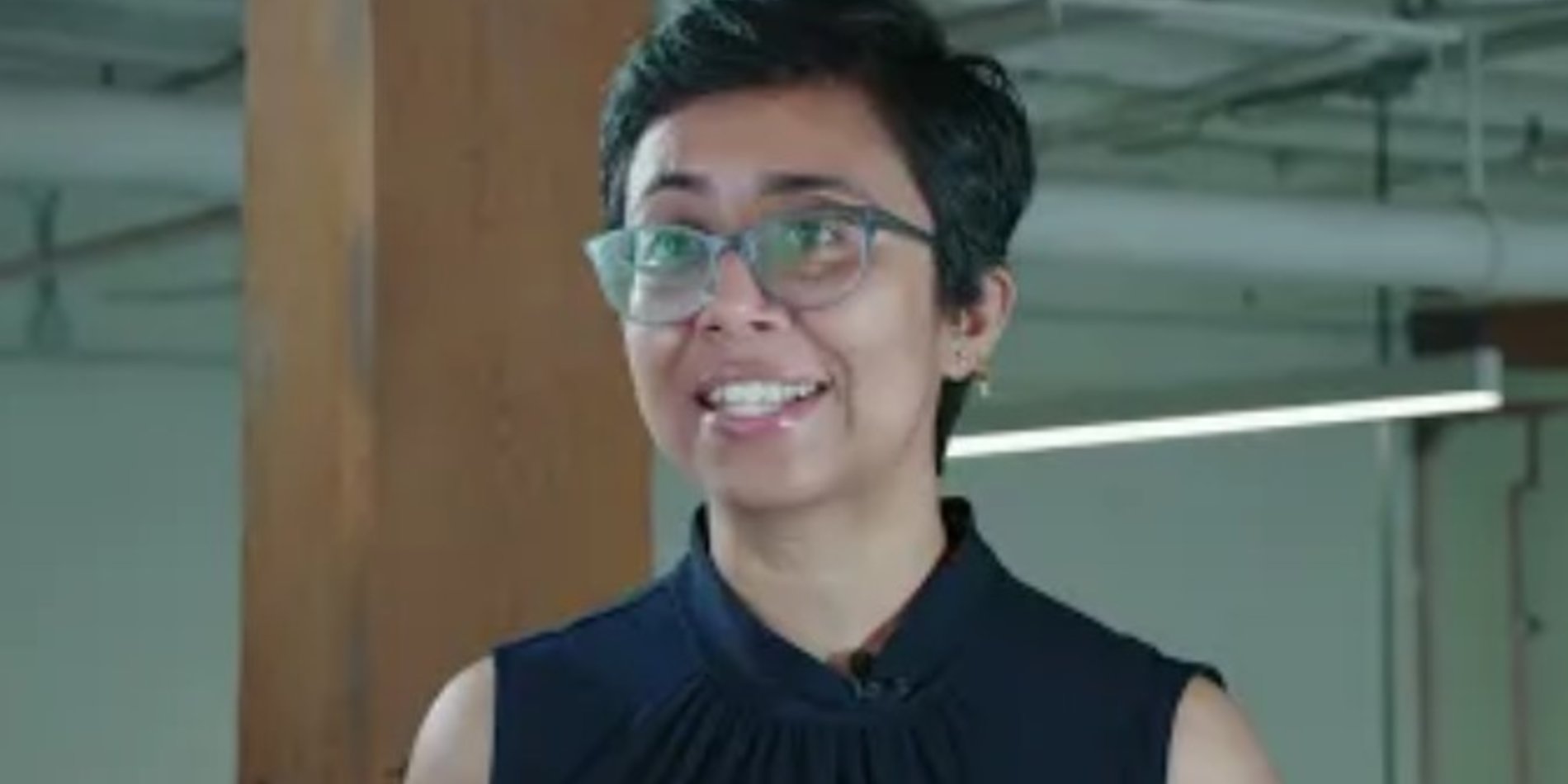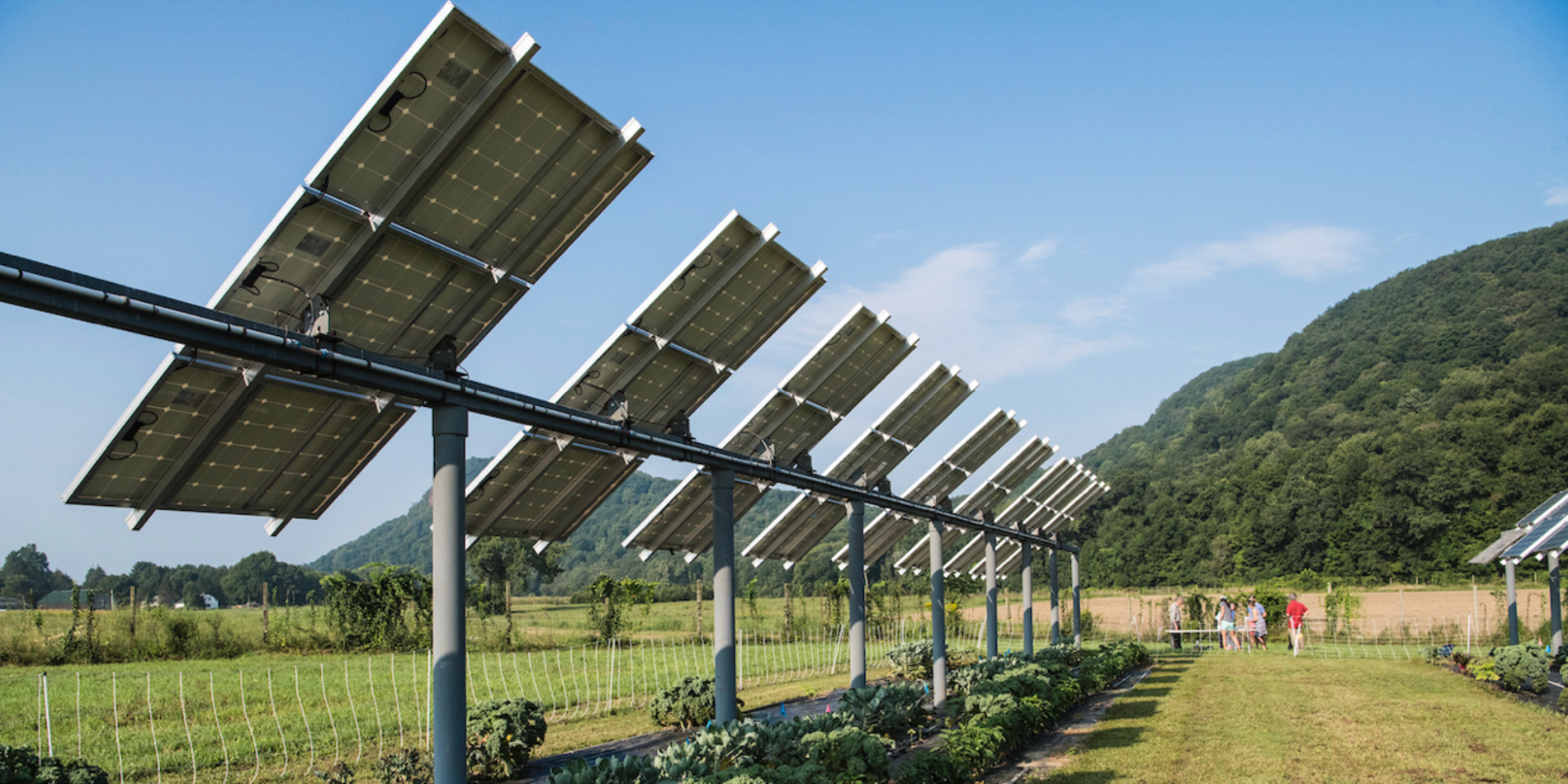Eleven awards made to advance energy and sustainability ventures
While the Stanford community has faced many pandemic-related challenges over the past few years, students and researchers have been undeterred in their efforts to develop and deploy impactful energy and sustainability solutions. During the 2021-22 academic year, the TomKat Center’s Innovation Transfer Program helped 11 new teams move their innovations out of the University.
Since its inception in the fall of 2013, the Innovation Transfer Program has granted $5.6 million to 96 Stanford teams to advance new ventures that impact problems in energy and sustainability. Many of these ventures have achieved significant market traction resulting in over $1.4 billion in external follow-on funding, five acquisitions, and 37 revenue-generating companies with nearly 1800 employees and over $170 million in annual revenue.
The Program supports entrepreneurial teams from all parts of the University, who, under the guidance of Stanford faculty members and mentors from industry and Silicon Valley, move Stanford innovations toward commercialization. Grants are awarded to develop and iterate prototypes, refine business plans, conduct customer trials and market research, and establish commercial viability.
“The Innovation Transfer Program’s continued success speaks to the growing sense of urgency to solve energy and environmental problems and the tremendous creative power of the Stanford community,” said Matt Kanan, director of the TomKat Center and associate professor of chemistry. “The latest awardees nicely illustrate the breadth of innovations that are generated across campus by students and researchers from different backgrounds combining their skills and experiences.”
The program helps teams that are advancing both technological and business model innovations. The 2021-22 awardees include teams that seek to sequester carbon on farmers’ pastureland, produce safe and low-cost electric vehicles for emerging markets, revolutionize cold storage shipment of critical perishable items, reduce GHG emissions from dairy supply chains, advance novel high-performance electrolytes for Li-ion batteries, and create a clearinghouse for electronic device repair and refurbishment in Africa.
“We are delighted to support the passion and creativity of the teams that apply to the program,” said Brian Bartholomeusz, Executive Director for Innovation Transfer at the TomKat Center. “Our goal is to accelerate their progress towards establishing the viability of their concepts, help them rapidly iterate on their solutions based on real-world feedback, and assist them to scale and deploy impactful solutions.”
2021- 22 Grantees
The 11 early-stage ventures that were awarded Innovation Transfer Grants are commercializing sustainability solutions for challenges in energy, agriculture, food, recycling, transportation, and personal carbon footprint reduction.
Artyc
Artyc designs and manufactures reusable battery-powered cold chain shipping and storage containers, offering a sustainable replacement to refrigerants and eliminating spoilage across the value chain.
Team: Hannah Sieber (MBA, GSB), Mark Langer, and PI: Prof. Hau Lee (GSB)
Innovation Areas: Transportation, Built Environment and Infrastructure, Energy, Food, Health and Water Nexus
Conduit Tech
Conduit Tech reduces residential emissions through its HVAC predictive maintenance platform, monitoring equipment performance, efficiency, and upgrades potential.
Team: Marisa Reddy (MBA, GSB), Shelby Breger (MBA, GSB), and PI: Prof. Stefan Reichelstein (GSB)
Innovation Areas: Built Environment and Infrastructure, Energy Management and Efficiency, Grid Integration and Resiliency
ElectroLit
ElectroLit provides critical electrolyte materials that enable high performing, cost effective, and safe lithium batteries for the electrified world.
Team: Yutong Zhu (MBA, GSB), Zhiao Yu (PhD, Chemistry/Chemical Engineering), and PI: Zhenan Bao (Professor, Chemical Engineering)
Innovation Areas: Storage, Materials and Chemicals
FLIP
FLIP is deploying a management and data analytics platform for ground vehicle fleets. Their proprietary Machine Learning framework is used to leverage historical data to inform and improve maintenance efficiency.
Team: Jeff Jang (MBA, GSB), Jack Hochschild (MS AA, PhD CEE), Jordi Vila (MBA, GSB), and PI: Prof. Stefan Wager (GSB/PI)
Innovation Areas: Transportation, Energy Management and Efficiency
Lasso
Lasso is creating the de-facto industry standard index for environmental quantification and certification of the cattle farming industry and its products as well as for its supply chains, distributors and end customers.
Team: Nicole Rojas (MBA, GSB), David Pardavi (MBA, GSB), and PI: Prof. Rebecca Lester (GSB/PI)
Innovation Areas: Energy, Food, Health and Water Nexus, Environment and Health
Magno Motors
Magno Motors is developing the safest electric vehicle tailored for emerging economies, starting with the Latin American sub-premium vehicle market.
Team: Jorge Cordero (MS EE; MBA, GSB), Manuel Coquet (MS E-IPER; MBA, GSB), Eduardo Candela, Prof. Erica Plambeck (GSB / PI)
Innovation Areas: Transportation, Energy Management and Efficiency
Reel Seafood
Reel Seafood is creating cell-cultured seafood to meet the global seafood demand without further harming and depleting our oceans.
Team: John Ahrens, Rob Weeks, Beverley See (MBA, GSB; MS E-IPER), and PI: Prof. David Lobell (Earth Sciences, PI)
Innovation Areas: Energy, Food, Health and Water Nexus, Environment and Health
Revivo
Revivo is a B2B marketplace for new and used electronics spare parts and refurbished devices, starting in Kenya.
Team: Ritah Wangila, Sarah Johnson (MBA, GSB and MS, E-IPER), and PI: Prof. Erica Plambeck (GSB)
Innovation Areas: Developing World, Environment and Health, Materials and Chemicals
Scope Zero
Scope Zero is a fintech platform that facilitates a new employee benefit, a “carbon savings account” that reduces employees CO2 footprints and boosts corporate sustainability goals.
Team: Lizzy Kolar (MS, CEE), Kaitlin Highstreet (MS, CEE), and PI: Prof. Erica Plambeck (GSB)
Innovation Areas: Energy Management and Efficiency, Built Environment and Infrastructure, Policy and Economics
Stylo
Stylo is a low energy, zero waste self-drawing physical display that allows restaurants and store owners to more quickly and easily connect with and communicate to their customers with a couple clicks while using 1/10th the energy of a digital display, and without any of the waste of paper signage.
Team: Jack Boland (MS/ME), Jake Davis, and PI: Prof. Sean Follmer (ME/PI)
Innovation Areas: Energy Management and Efficiency, Built Environment and Infrastructure
Working Trees
Working Trees’ platform encourages farmers to plant carbon sequestering silvopasture by validating and tracking their performance and connecting them with the carbon offset marketplace.
Team: John Foye (MBA, GSB / MS E-IPER), Aakash Ahamed (PhD, Geophysics), and PI: Prof. Gretchen Daily (Biology)
Innovation Areas: Energy, Food, and Water Nexus, Environment and Health




